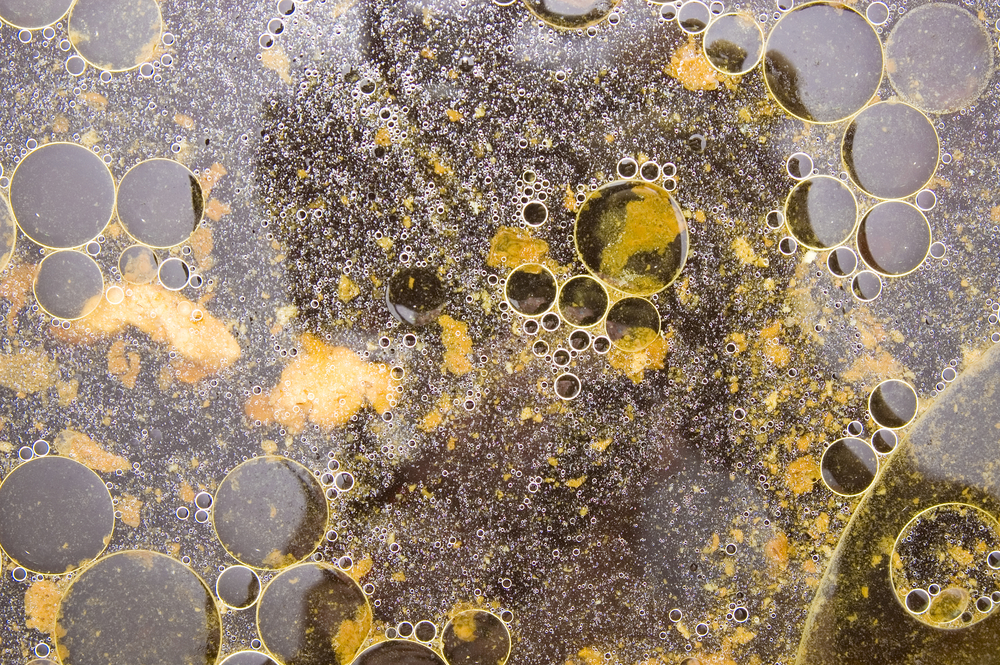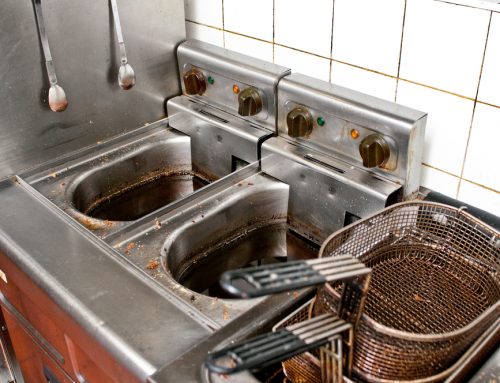For a lot of families, the kitchen just seems to be the favorite place to gather.. especially when tempting aromas beckon and there are lots of tasty tidbits to sample. When the scrumptious meals are over, however, everything from breakfast scraps to the more bulky “feast” leftovers get scraped into the disposal in the kitchen sink. It is not quite so appetizing to think of all those shredded greasy food scraps sliding down the drain where, once they begin to accumulate in the pipes, they can cause some serious blockage.
Some foods and cooking ingredients are potentially more troublesome than others. Discarded substances like cooking oil, bacon grease, mayonnaise, poultry skin, and pasta can stagnate in underground plumbing lines and get even messier when joined by dinner roll scraps, gravy and mashed potatoes. Then sometime later, when the meal is long forgotten, the sewer system becomes blocked sufficiently to cause a backup inside the house and the plumber is the only one who benefits from costly remedies and repairs.
While most homeowners may not be aware that commercial establishments and restaurants are required to install “grease traps” or interceptors and have them cleaned regularly, there are no such requirements for private homes. It is up to the homeowner to make sure that their pipes aren’t clogged up with discarded food.
According to the Texas Commission on Environmental Quality (TCEQ), most sewer backups occur between the house and the main sewer lines. This means that it is the resident’s responsibility to correct the problem. In even more complicated situations, grease blockages in the main lines can cause an unpleasant chain of events –sanitary sewer overflows lead to pollution of nearby lakes and streams which create potential health threats for people and wildlife.
Disposal of cooking grease into storm drains has the potential to cause more havoc. The storm drains lead directly to streams and creeks, so discarded grease can also pollute the nearest water source. Remember, any substance poured onto the ground can end up in groundwater. Take the time to dispose of greasy substances properly…recycle as much as possible and pour cooking oils, lards, and grease into closeable containers for disposal. Or consider mixing with dry kitty litter until the oil is absorbed and then place in a zipped-top bag for disposal.


